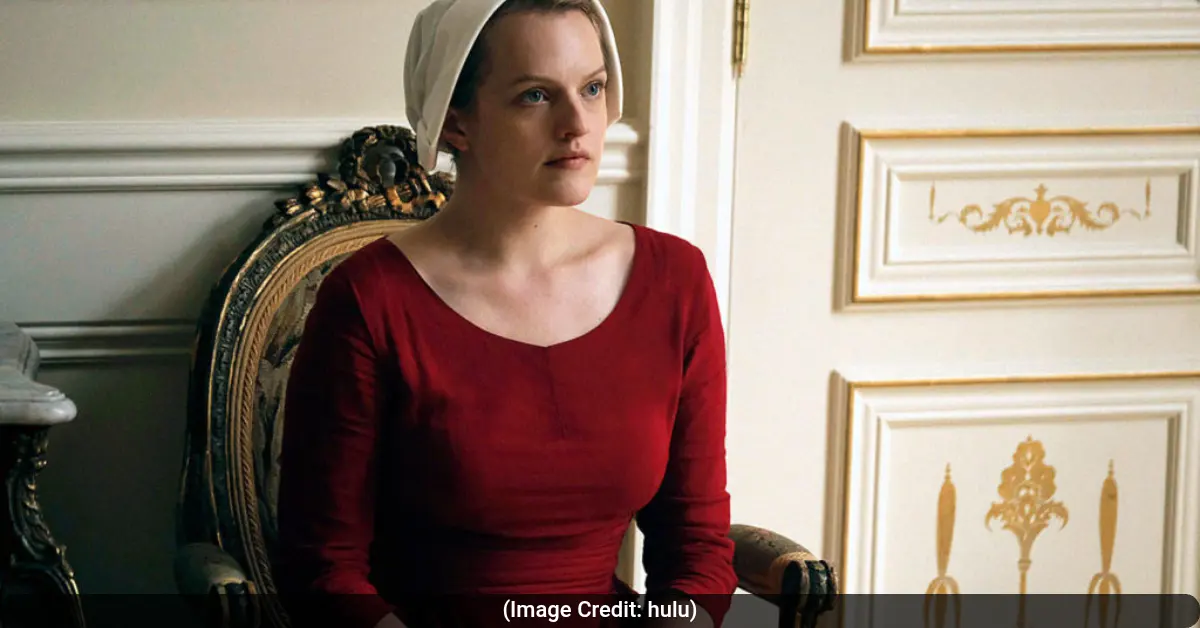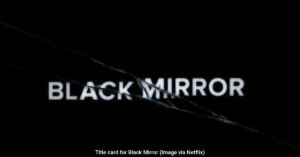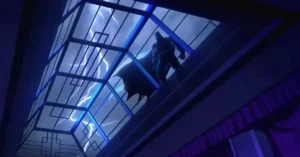After six seasons, the acclaimed Hulu series The Handmaid’s Tale has concluded. The finale provided a powerful, if not entirely complete, ending for June Osborne. The star of the show, Elisabeth Moss, who also directed the final episode, has shared her thoughts on the creative choices that brought the story to a close, explaining why an emotional and authentic ending was more important than a tidy one.
A Circular Ending for June’s Journey
The final scene of the series sees June returning to the burned-out shell of the Waterford house, the place where she was once imprisoned as Offred. There, she begins to record her story, speaking the same words that opened the series: “A chair, a table, a lamp… My name is Offred.” This full-circle moment was a key creative decision that Moss herself championed.
She revealed that it was her idea to use the original voiceover from the show’s first episode. Moss described the circular nature of the ending as “so satisfying,” bringing the core storyline back to its beginning. To ensure the lines matched perfectly, she watched the pilot episode on her phone just minutes before filming to memorize the exact cadence of her delivery from nine years prior.
“I felt like it was my job to take what was written and presented to me as a director, and to bring it to life… the circular nature of it, and the fact that it ends the same way that it began, it was my idea to use the original voiceover from episode one,” Moss said.
An Ending That Sets the Stage for More
The finale did not provide a storybook ending for all characters. While Boston is liberated and June reunites with friends like Emily and her mother, a major thread is left untied: June does not reunite with her daughter, Hannah. Moss confirmed this was a deliberate choice to align with Margaret Atwood’s sequel novel, The Testaments, which is being adapted into a new series.
“If there wasn’t going to be a sequel, we may have ended it differently,” Moss admitted, referring to Hannah remaining in Gilead. “The Testaments is centered around Hannah and her story.”
This decision ensures the upcoming sequel can begin its narrative. Moss will executive produce The Testaments, though scheduling conflicts initially prevent her from acting in or directing it.
Letting Go of a Traditional Love Story
The finale also provided closure to the long-running love triangle between June, her husband Luke, and her former lover, Nick. In a shocking turn of events, Nick is killed in a plane explosion in the penultimate episode alongside Commander Lawrence.
Moss supported this difficult plot development, stating that a happy ending where everyone lives “in Hawaii together” would have been unrealistic and unsatisfying for the show’s tone. Her relationship with Luke is left open-ended, which Moss preferred.
“I didn’t want it to be about which man she ended up with. I wanted it to be about her journey as a woman, a mom, a friend, and a Handmaid,” she explained.
An Unexpected Act of Forgiveness
One of the most powerful moments in the finale is the final encounter between June and her former tormentor, Serena Joy Waterford. Once mortal enemies, the two women share a quiet moment where Serena apologizes for her past actions and June offers forgiveness.
Moss described their complex relationship as one of the most interesting in the series, noting that they are an incredible example of two people with the same goal—a safe future for their children—who wound up on opposite sides.
“They’re the greatest friendship in the story. They’re also the great hero and villain of the series, but that’s not how I view them. I view them as the great love story of the show,” Moss shared.
How Motherhood Changed the Final Performance
Moss became a mother in real life during the making of the final season, which she said profoundly changed her approach to June. She described the difference in her performance as more “visceral,” with gentler and more emotional choices in June’s final moments.
“I can’t watch certain scenes. When a person used to say, ‘I just had a baby, and I can’t watch the show,’ I had a little judgment. Now, I totally get it,” Moss said, highlighting how her personal experience deepened her connection to June’s maternal drive.
A Finale Focused on Emotion Over Easy Answers
Moss and the producers have been clear that the goal was never to please everyone with a perfectly wrapped-up ending. Showrunner Bruce Miller stated that the ending was not what he felt the audience wanted, but what he thought June would get. The focus was on emotion and honesty rather than simple closure.
Executive producer Warren Littlefield emphasized that the team wanted to “reward the audience who followed this treacherous journey and give them a sense of satisfaction,” noting that the show was always about “hope and determination.”
For Moss, the ending perfectly brings the story back to its core theme: a woman fighting for her children and using her voice.
“This whole series has always been about the same thing. It’s about how this woman will never, ever give up fighting for her children… The fact that what she starts with is what she ends with, to me, is so genius,” Moss reflected.
Also Read:
Credits: Forbes, Variety, Los Angeles Times




























